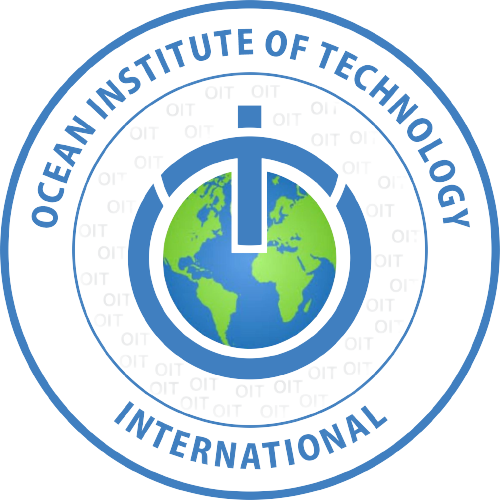Fuel Economy & Emission Reduction in Aircraft
Min. Academic & Professional Level
Course Designed for:
An Overview:
Fuel economy and emissions reduction (FE&ER) in aircraft refers to the efforts and technologies implemented to improve the fuel efficiency of aircraft operations and reduce the environmental impact of aviation-related emissions.
These initiatives aim to minimize fuel consumption, lower greenhouse gas emissions, and enhance the sustainability of air travel.
Short Course Modules:
Module 1: Introduction to Fuel Economy & Emissions Reduction
- Sub-topic 1: Understanding Fuel Efficiency and Emissions Reduction
- Sub-topic 2: Environmental Impact of Aviation Emissions
- Sub-topic 3: International Agreements and Regulatory Framework
- Sub-topic 4: The Business Case for FE&ER in Aircraft
Module 2: Aircraft Design and Aerodynamics
- Sub-topic 1: Aircraft Design for Fuel Efficiency
- Sub-topic 2: Wing Design and Winglets
- Sub-topic 3: Engine Integration and Aerodynamics
- Sub-topic 4: Weight Reduction and Airframe Materials
Module 3: Advanced Engine Technologies
- Sub-topic 1: Turbofan and Turboprop Engine Efficiency
- Sub-topic 2: Open Rotor and Hybrid-Electric Propulsion
- Sub-topic 3: Materials and Engine Component Innovations
- Sub-topic 4: Engine Performance and Maintenance
Module 4: Fuel Efficiency Enhancements
- Sub-topic 1: Alternative Fuels and Sustainable Aviation
- Sub-topic 2: Fuel Conservation Measures
- Sub-topic 3: Fuel Management Systems
- Sub-topic 4: Aircraft Retrofitting and Modernization
Module 5: Flight Operations and Management
- Sub-topic 1: Flight Planning for Efficiency
- Sub-topic 2: Continuous Descent Approaches
- Sub-topic 3: Single-Engine Taxiing
- Sub-topic 4: Weight and Balance Considerations
Module 6: Air Traffic Management and NextGen Technologies
- Sub-topic 1: Collaborative ATM and Routes Optimization
- Sub-topic 2: ADS-B and PBN for Fuel Efficiency
- Sub-topic 3: Data-Driven Decision Making in ATC
- Sub-topic 4: Impact of SESAR and NextGen Programs
Module 7: Alternative Propulsion Systems
- Sub-topic 1: Hybrid-Electric and All-Electric Aircraft
- Sub-topic 2: Hydrogen Fuel Cells and eVTOLs
- Sub-topic 3: Challenges and Prospects of Alternative Propulsion
- Sub-topic 4: Certification and Regulation of New Propulsion Technologies
Module 8: Sustainable Aviation Initiatives
- Sub-topic 1: Carbon Offsetting and Emission Reduction Programs
- Sub-topic 2: CORSIA and Emissions Trading Schemes
- Sub-topic 3: Sustainable Aviation Fuels (SAFs)
- Sub-topic 4: Circular Economy in Aviation
Module 9: Monitoring, Reporting, and Verification (MRV)
- Sub-topic 1: MRV for Emissions Reduction
- Sub-topic 2: Data Collection and Reporting Tools
- Sub-topic 3: ICAO’s CORSIA MRV Framework
- Sub-topic 4: Compliance and Auditing in MRV
Module 10: Future Trends and Challenges
- Sub-topic 1: Emerging Technologies and Research Areas
- Sub-topic 2: Environmental Impact Assessment and Mitigation
- Sub-topic 3: Challenges in Balancing Growth and Sustainability
- Sub-topic 4: The Role of Passengers and Consumer Preferences

